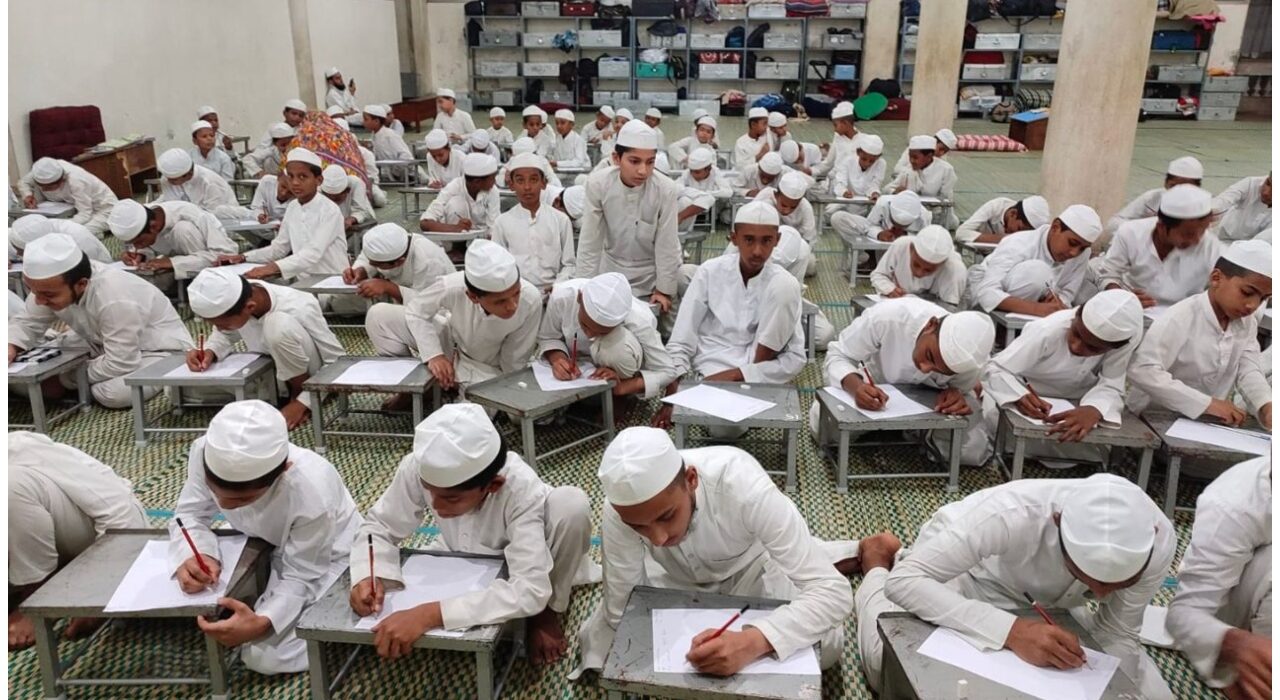A major fillip to madrasa students of Uttar Pradesh came in the form of a judgment delivered by the Supreme Court on Tuesday, restoring the Madarsa Education Act of 2004. This judgment has set aside a verdict delivered by the Allahabad High Court that had declared the act unconstitutional as it compromised secularism. Chief Justice DY Chandrachud led the bench and observed that the state had legislative rights over the regulation of madrasa education.
The Supreme Court also criticized the High Court’s earlier judgment and termed it wrong while assuming that the Act offended basic principles of secularism. The court has cleared the misconception that the object of the Uttar Pradesh Madarsa Education Act is to standardize educational levels among madrasas where quality instruction is given to the Uttar Pradesh Madarsa students.
Madrasa students of Uttar Pradesh to freely resume their education
With this judgment, madrasa students of Uttar Pradesh can continue their education within the framework created by the state. The Supreme Court held that the Act does not disturb the regular functioning of madrasas but instead protects the rights of minorities, which enables the students to achieve educational and economic success. The court also mentioned that religious instruction added to the law does not, in itself, make a law unconstitutional.
It has, however, stipulated that while such madrasas conferring ‘Fazil’ and ‘Kamil’ degrees beyond the 12th grade cannot be admitted at the Uttar Pradesh Madarsa Board due to inconsistency between the UGC Act, the overall framework still persists. This means that students learning in madrasa in the state of Uttar Pradesh can continue to have the systematic education system to which this state is also contributing as well.
As of now, around 23,500 madrasas exist in Uttar Pradesh, while more than 16,500 have official recognition from the state. Of them, 560 receive financial aid from the government. This order will not only provide security to madrasa students in Uttar Pradesh but also strengthen the fact that this state’s law will not undermine the accommodation of diverse needs for education within it.
Also, see: Kamala Harris’ ancestral village in Southern India prays for her victory in US Elections 2024
